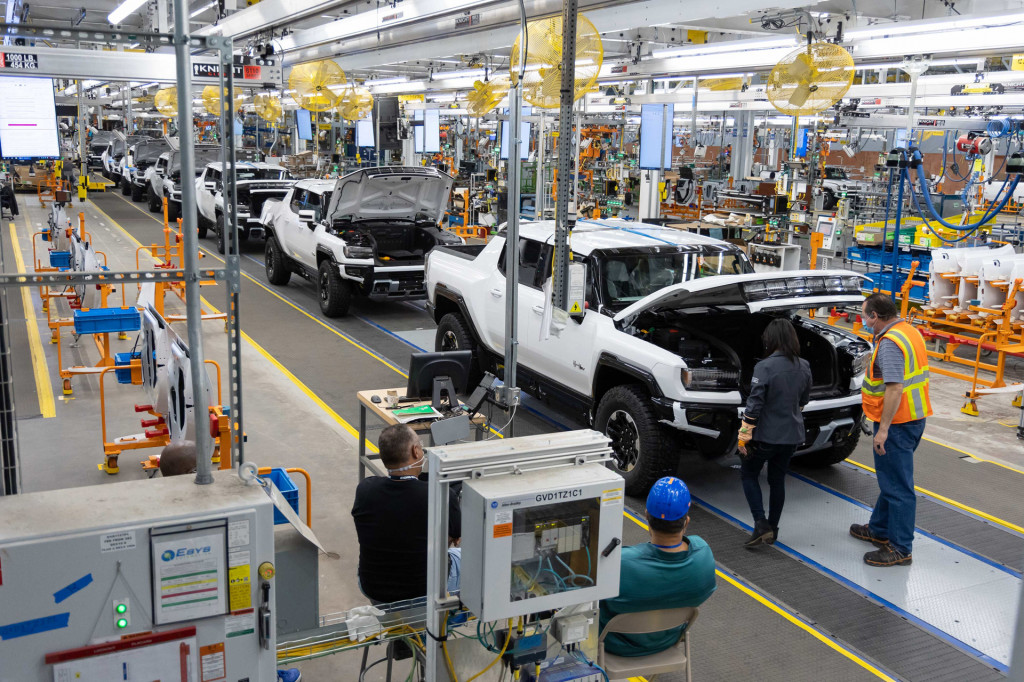EV policy was one of the top issues for Michigan voters in the 2024 Presidential election. And in a state where the Biden administration’s policies have created some of the most jobs, negative messaging may have helped deliver the key swing state to Donald Trump.
That’s the conclusion of a postmortem report by the American EV Jobs Alliance, which noted that by Election Day, more than $30 million had been spent in Michigan on television ads that mentioned EVs—94% of the $35.5 million spent in total on EV-related political ads nationwide.
Influence of EV policy on Presidential vote – American EV Jobs Alliance
Pro-Trump ads tended to focus on an erroneous narrative that Vice President Kamala Harris would ban internal-combustion cars if elected, devastating Michigan auto-industry jobs in the process, according to the report. But for the most part Democrats did not respond with ads defending the party’s EV policies, with 89% of ads attacking Democrats.
The negativity had an impact, the report found. In a poll two weeks before the election, twice as many Michigan voters believed that a push for more EVs would be bad for Michigan jobs, and 73% of auto-industry households believed this. More than half (61%) believed that pushing for more EV sales would be a bad thing for Michigan, and more than a third believed that it was “probably true” that Democrats planned to ban gasoline vehicles.

2022 GMC Hummer EV pre-production at Factory Zero plant in Detroit, Michigan
Michigan has gained nearly 20,000 new manufacturing jobs from EV investment, and it’s carved out the space for more with examples like the EV conversion of GM’s Lansing Grand River plant, otherwise in danger of closing, aided by $500 million of federal funds designated by the Biden administration. But the lack of positive ads mentioning this meant those gains and examples were largely unknown to voters in the state, the report concluded.
Uninformed Michigan voters may soon feel the consequences of their actions. The incoming Trump administration is likely to curtail EV investments. During the campaign, Trump reportedly offered to nix EV incentives in exchange for a $1 billion donation for Big Oil, and scrapping the federal EV tax credit is reportedly near the top of the agenda for his transition team. And while China’s CATL is willing to negotiate with Trump on a U.S. battery factory, his own party has drafted legislation to eliminate subsidies for batteries based on Chinese tech.
Read the full article here



